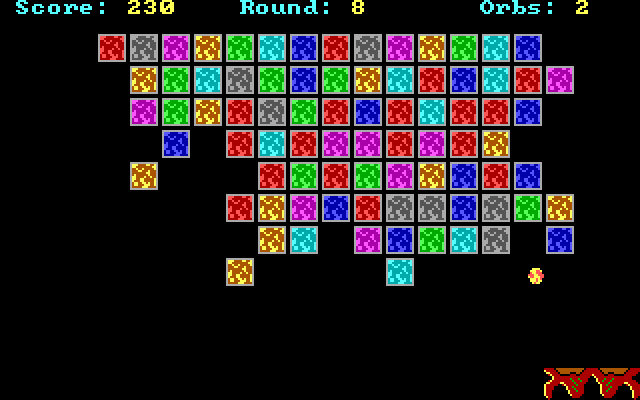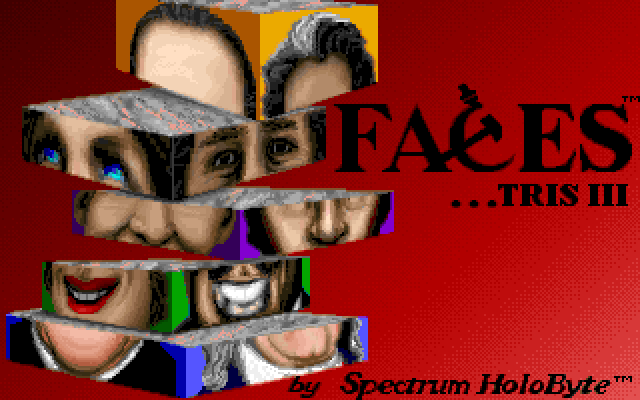Virtuoso, the dead end of the rockstar fantasy 
Rock is dead. Not the music, because the music continues to live on. It’s taken on other forms like punk and indie rock, or even been absorbed into the big umbrella of pop music. But as a cultural movement, rock is history. As music journalists have noted, the idea of “rock” is aging and has fallen out of relevance. It’s no longer the cultural institution that it was 50 years ago in the era of Led Zeppelin and the Rolling Stones, or even 30 years ago, when bands like Guns N’ Roses were a polarizing force in pop culture.
And it’s difficult to imagine anything about rock that’s more dated than the idea of the rockstar. Fame has never stopped being attractive, especially in show business, but the specific image of the rockstar – the hedonistic bad boy in a leather jacket who turns heads on- and off-stage with their self-destructive antics – feels hopelessly out-of-date. On the one hand, the aesthetic of looking like David Lee Roth is uncool now, which is nothing he could’ve helped because coolness always becomes uncool with time.
But what’s really shown its age is that there’s a kernel of ugly selfishness in the rockstar fantasy that’s become more pronounced over the years. It’s cute and a little glamorous when it’s just Mick Jagger getting high and thumbing his nose at authority, but as the genre wore on into the late 90s into the pissed-off era of nu metal and its ilk, the self-righteous anger behind the rockstar persona became more palpable. Maybe it’s a cheap shot to invoke the specter of Woodstock ’99, a music festival that was infamously marred by violence and destruction, but it represents a low point for rock. Twenty years later, when the biggest stars in music are using their fame as a platform to draw attention to injustice, the image of a famous rich white dude singing about getting mad and breaking shit like he’s still owed something, well, it sucks – the greatest condemnation one can make of rock.
Virtuoso predates that era by a little bit, but it imagines rock ‘n’ roll going down a similar road, and it has an absurdly bleak vision for the future of rock. The hero of Virtuoso is the ultimate badass world-famous rock god, and he hates it. » Read more about Virtuoso, the dead end of the rockstar fantasy





